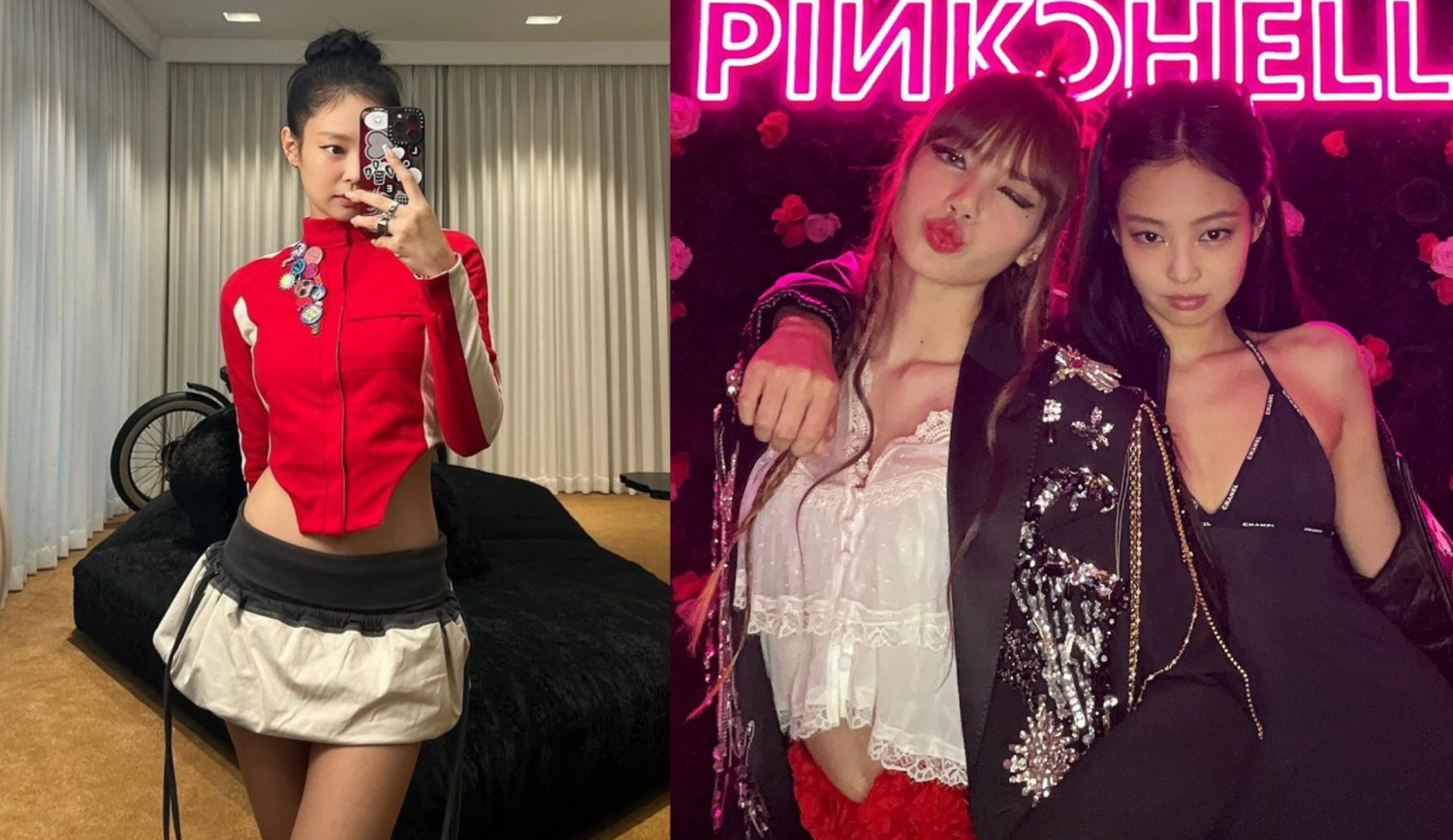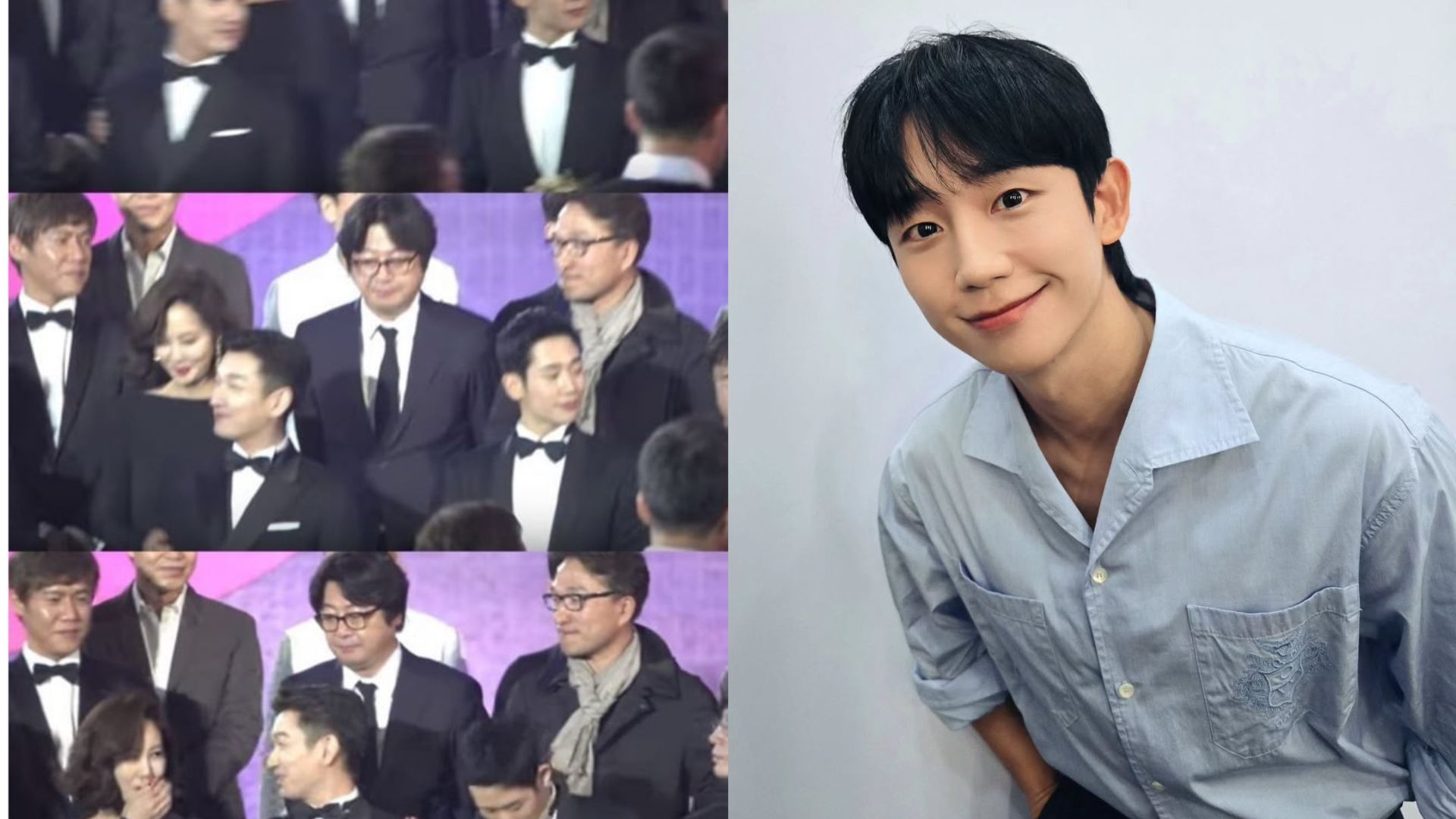Last weekend, the Inspire Arena in Yeongjong Island, Incheon, was packed with fans who came to see the Japanese project unit, Yoasobi, perform. Over the two days of the concert, Yoasobi attracted a total of around 26,000 attendees. They proved their huge popularity in Korea by selling out the arena for both days. In particular, the audience for their concert this time was three times larger than their performance in Korea last year, showing their rapid rise in popularity.
(Cont’d)
J-pop is gaining significant popularity in South Korean’s music market. J-pop singers are filling up not only arena-sized performance halls but also large-scale performance halls that accommodate a massive number of audiences, selling out all tickets for their concerts. Not only that, the number of people listening to J-pop on music platforms is also noticeably rising. It’s easy to find social media accounts and channels about J-pop that have many subscribers and are actively operating. J-pop, which had long been seen as a niche subculture in Korea, is now gaining mainstream popularity, particularly among the MZ generation. According to Melon’s analysis of J-pop listeners by age group in the first half of this year, the highest number of listeners were among those in their 20s and 30s, and the majority of attendees at J-pop concerts in Korea are also in the 10s to 30s.
Why has J-pop become so popular among the MZ generation? The first reason is the active use of short-form platforms and social media, which align with the MZ generation’s sensitivity to trends. Songs like IMASE’s Night Dancer, Yoasobi’s Idol, Yuurii’s Betelgeuse, and Kenshi Yonezu’s Lemon gained popularity through short-form videos on platforms like TikTok, Reels, and Shorts, eventually spreading by word of mouth to Korean listeners. As J-pop songs gained popularity through short-form videos, the accessibility of J-pop to the MZ generation skyrocketed, leading to increased interest for J-pop. Additionally, K-pop idols, who are popular with the MZ generation, also gave shot outs to J-pop, which contributed to J-pop’s rise in popularity.
J-pop’s unique concepts, distinctive lyrics, and melodies also aligned with MZ generation who desires to be different. For the MZ generation, who openly express their preferences and pursue unique styles, J-pop offers an attraction distinct from K-pop, which has contributed to the J-pop’s popularity among this generation.
Ki, born in 1995, who has attended several J-pop concerts recently, shared their thoughts on the reasons behind J-pop’s popularity: “The songs and concepts are interesting because they are not common in the Korean market. From grand, extravagant songs like anime themes to singers who hide their faces or wear masks, J-pop has so many unique concepts. This uniqueness is what makes J-pop so interesting.”
-I don’t even know who they are.
-It’s mostly just Hannam, so what do you mean by popular?ㅋㅋㅋㅋㅋ
-Who the hell says they’re popular?ㅋㅋㅋㅋㅋㅋㅋㅋㅋㅋ
-Did they really fill 26,000 seats?
-I f*cking hate this.
-No, seriously, J-pop is trash, stop thisㅋㅋㅋㅋㅋㅋㅋㅋㅋㅋㅋㅋㅋㅋㅋ First of all, their singing skills are so awful, I can’t bring myself to listen to them. They will never be popular.
-Who?
-What?
-I can’t believe there are still people who are sucking up to Japan.
-What kind of f*cking nonsense is this?
-Only Hannams like J-popㅡㅡ
-??? It’s not popular, though?
-I’m a J-pop fan, but it’s not popular at all… It’s f*cking minor….
-I don’t buy music from far-right singers, and I wish Korean singers who collaborate with them would stop.







